Our Collective Nightmare Turns 2
In the first year after the Supreme Court overturned Roe v. Wade, a wave of 13 states including Mississippi, Arkansas, Idaho, and Kentucky, almost immediately enacted abortion trigger bans, quickly ushering in a dystopian new reality. In Louisiana, doctors are reportedly performing c-sections on pregnant people experiencing medical emergencies; in Oklahoma, which has the highest domestic violence rate in the nation and a total abortion ban, abusers are weaponizing pregnancy to trap their victims; States with bans have produced an estimated tens of thousands of rape-induced pregnancies; Pregnant women are being forced to carry nonviable pregnancies that threaten their life; Children of “childbearing age” are being denied life-saving medications because they're deemed “abortifacients"; Rates of reproduction coercion have surged. Now, it's been two years since the Dobbs v. Jackson Women’s Health ruling on June 23, 2022, and, just as experts and advocates warned of for years leading up to the decision, the fight is no longer just about abortion. Last week, Senate Republicans blocked a bill to codify protections for IVF, and the week before, they blocked a bill to codify protections for birth control, with some senators equating Plan B and IUDs (both of which prevent rather than end a pregnancy) with abortion. In February, Alabama temporarily all but outlawed IVF when the state’s Supreme Court determined embryos are “extrauterine children” whose destruction warrants wrongful death lawsuits. When we have laws that recognize embryos as people, when all reproductive care is “abortion,” the terror and scope of abortion bans are limitless, creeping closer each day to fetal personhood. We’ve also seen how abortion bans emulate gender-based violence: Last summer, the National Domestic Violence Hotline reported that calls about reproductive coercion doubled between the year before Roe fell and the year after, and many of those calls involved abusive partners explicitly weaponizing abortion bans to control their victims. This month, the Hotline published a new survey showing that 5% of roughly 3,500 respondents—about 172 people—said abusive partners threatened to report them to police for considering abortion. Another 5% of said partners threatened to sue if they sought abortion. Abortion bans technically threaten to criminalize only abortion providers and not patients, but even actual lawyers can barely understand the specifics of these convoluted laws. As the Hotline's report notes, “Abusers could now use new laws, or confusion about those laws, to harass and threaten their partners"—and the chaos gives abusers a horrific new opening. In Texas, there's at least one case of a man trying to sue their ex-partner for allegedly leaving the state for an abortion. And while traveling out-of-state for abortion remains unequivocally legal, it's only getting more expensive and unattainable. Abortion funds—mutual aid groups that help people afford abortion care and, in some cases, any associated costs—are spending substantially more money post-Roe, with some funds reporting spending well over $1 million in 2023 alone. Brigid Alliance—a group that provides financial support for all travel and related costs for abortion—went from supporting an average of 40 abortion-seeking clients per month in 2019 to serving 150 per month in 2023; the average distance that Brigid’s clients need to travel increased by 30% between 2022 and 2023, from 1,000 miles to 1,300. Over 170,000 people traveled out-of-state for abortions in 2023. But while the need for abortion funds has only grown, donations haven't. “Anger donations have diminished and decreased at a time when the demand for services has only increased,” and thanks to the ever-greater need for abortion-related, out-of-state travel, “the cost of services have only increased,” Brigid’s interim director, Serra Sippel, told Jezebel in May. Despite *all of this*, Republican lawmakers are either refusing…
In the first year after the Supreme Court overturned Roe v. Wade, a wave of 13 states including Mississippi, Arkansas, Idaho, and Kentucky, almost immediately enacted abortion trigger bans, quickly ushering in a dystopian new reality. In Louisiana, doctors are reportedly performing c-sections on pregnant people experiencing medical emergencies; in Oklahoma, which has the highest domestic violence rate in the nation and a total abortion ban, abusers are weaponizing pregnancy to trap their victims; States with bans have produced an estimated tens of thousands of rape-induced pregnancies; Pregnant women are being forced to carry nonviable pregnancies that threaten their life; Children of “childbearing age” are being denied life-saving medications because they're deemed “abortifacients"; Rates of reproduction coercion have surged. Now, it's been two years since the Dobbs v. Jackson Women’s Health ruling on June 23, 2022, and, just as experts and advocates warned of for years leading up to the decision, the fight is no longer just about abortion. Last week, Senate Republicans blocked a bill to codify protections for IVF, and the week before, they blocked a bill to codify protections for birth control, with some senators equating Plan B and IUDs (both of which prevent rather than end a pregnancy) with abortion. In February, Alabama temporarily all but outlawed IVF when the state’s Supreme Court determined embryos are “extrauterine children” whose destruction warrants wrongful death lawsuits. When we have laws that recognize embryos as people, when all reproductive care is “abortion,” the terror and scope of abortion bans are limitless, creeping closer each day to fetal personhood. We’ve also seen how abortion bans emulate gender-based violence: Last summer, the National Domestic Violence Hotline reported that calls about reproductive coercion doubled between the year before Roe fell and the year after, and many of those calls involved abusive partners explicitly weaponizing abortion bans to control their victims. This month, the Hotline published a new survey showing that 5% of roughly 3,500 respondents—about 172 people—said abusive partners threatened to report them to police for considering abortion. Another 5% of said partners threatened to sue if they sought abortion. Abortion bans technically threaten to criminalize only abortion providers and not patients, but even actual lawyers can barely understand the specifics of these convoluted laws. As the Hotline's report notes, “Abusers could now use new laws, or confusion about those laws, to harass and threaten their partners"—and the chaos gives abusers a horrific new opening. In Texas, there's at least one case of a man trying to sue their ex-partner for allegedly leaving the state for an abortion. And while traveling out-of-state for abortion remains unequivocally legal, it's only getting more expensive and unattainable. Abortion funds—mutual aid groups that help people afford abortion care and, in some cases, any associated costs—are spending substantially more money post-Roe, with some funds reporting spending well over $1 million in 2023 alone. Brigid Alliance—a group that provides financial support for all travel and related costs for abortion—went from supporting an average of 40 abortion-seeking clients per month in 2019 to serving 150 per month in 2023; the average distance that Brigid’s clients need to travel increased by 30% between 2022 and 2023, from 1,000 miles to 1,300. Over 170,000 people traveled out-of-state for abortions in 2023. But while the need for abortion funds has only grown, donations haven't. “Anger donations have diminished and decreased at a time when the demand for services has only increased,” and thanks to the ever-greater need for abortion-related, out-of-state travel, “the cost of services have only increased,” Brigid’s interim director, Serra Sippel, told Jezebel in May. Despite *all of this*, Republican lawmakers are either refusing…
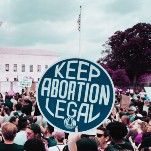




















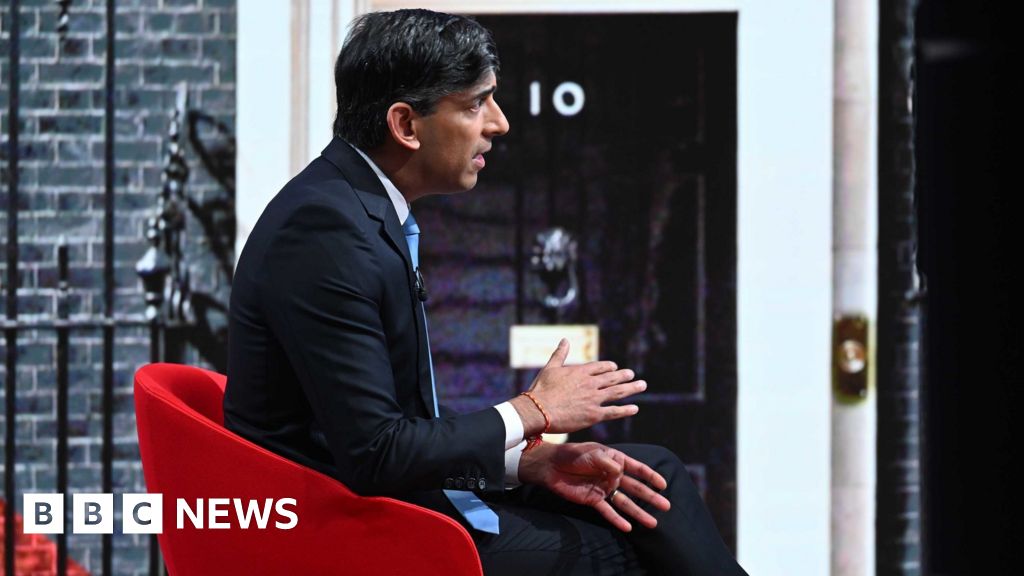

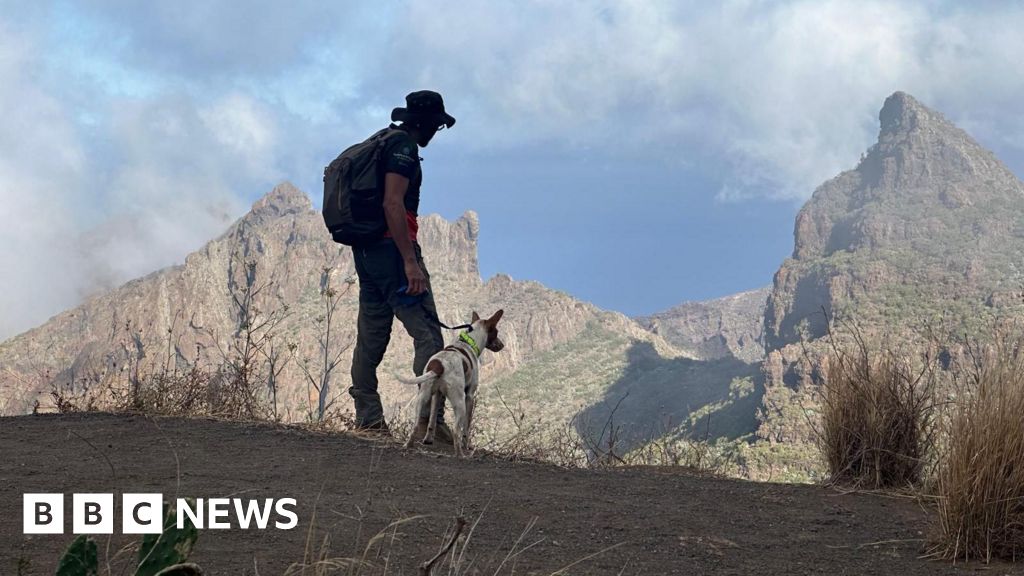




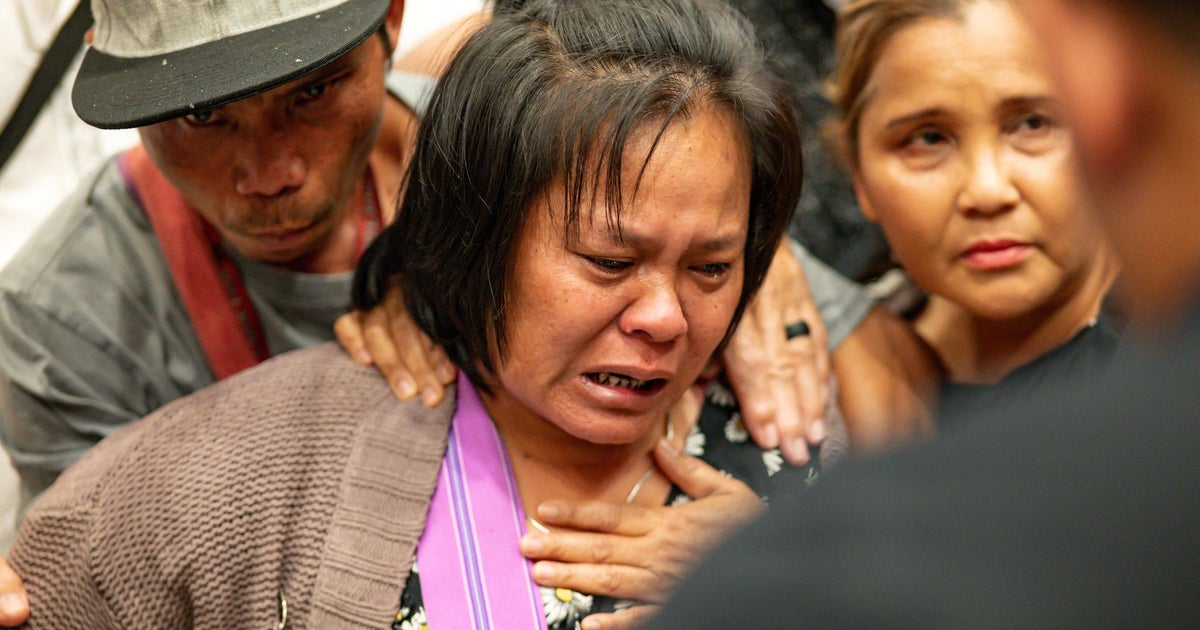

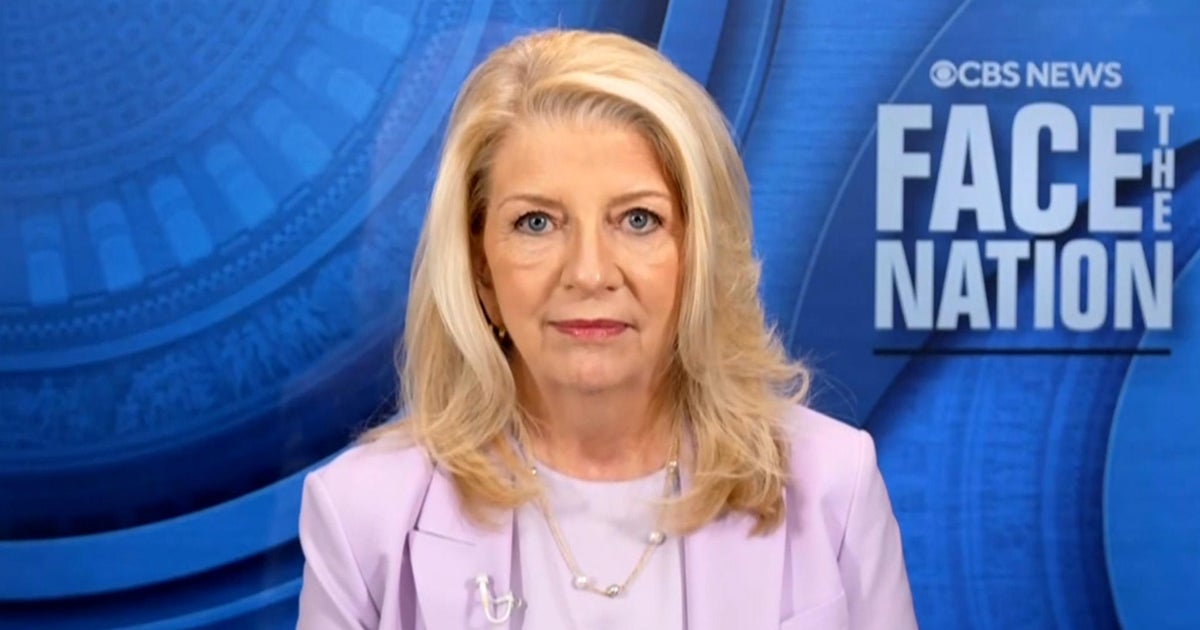





/cdn.vox-cdn.com/uploads/chorus_asset/file/24401977/STK071_ACastro_apple_0001.jpg)




















































































